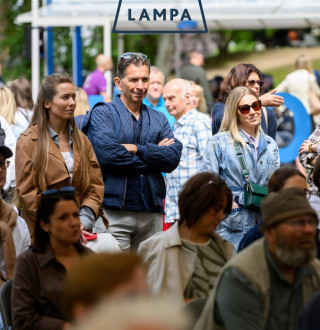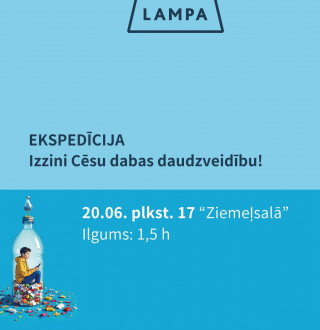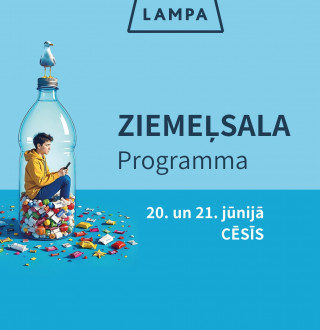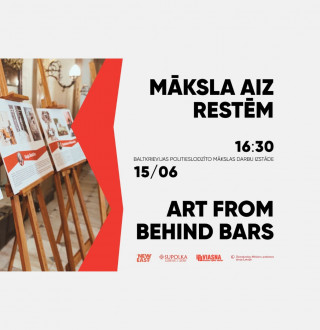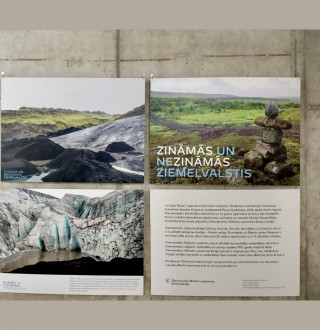The 5G Techritory this year took place in Riga on 18–19 October gathering 5G specialists, policymakers and heads of major industry organizations to discuss and strategize about 5G development in the Baltic Sea Region, Europe and beyond. This year’s theme was “5G in Action,” with discussions covering topics such as metaverse’s technical readiness to the cybersecurity nuances of 5G, Open RAN development, 6G research, and digital project management. The event hosted workshops, technical demonstrations, keynotes, and panel discussions.
The Nordic Council of Ministers has repeatedly acted as a strategic partner for the event, and this year was no exception. The Forum’s mission agrees with the objectives of the Nordic Council of Ministers, and one of those – becoming a competitive region based on knowledge, innovation, mobility, and digital integration – aligns with the practicalities in the advancement of 5G technologies in the region.
Karen Ellemann, Secretary-General of the Nordic Council of Ministers, delivered a powerful speech at the event underlining the transformative potential of the 5G network and envisioning it as the driving force behind innovations in digital healthcare, e-commerce, and remote work. Moreover, she highlighted the need for political determination of ensuring public investments in 5G and its equitable distribution.
“By working together, we can elevate the Nordic-Baltic voice in global fora and influence the policies and guidelines coming out of these, making sure they are in line with our values. Cooperation has always been important, but perhaps never as much as now.” – Karen Ellemann.
Stefan Eriksson, Director of the Nordic Council of Ministers, also set the stage making valued remarks on the topic. He emphasised the crucial role of 5G technology in making the Vision 2023 of the Nordic countries’ a reality and stressed the importance of regional collaboration in realising ambitious goals in digitalisation.
“The Nordic countries have adopted a bold vision of becoming the most sustainable and integrated region by 2030. In these efforts, it is obvious that advanced digital technologies and data are crucial to achieve these goals. In the context of Nordic-Baltic cooperation on digitalisation, the importance of 5G technology is essential, since it forms the foundation for the digitalisation of various sectors, it drives innovation, enhances connectivity, supports industry advancements, delivers societal benefits, and strengthens the region’s competitiveness in the global digital landscape.” – Stefan Eriksson.
At the event, Sigrid Jessen, Research Fellow at Nordregio, participated in the panel discussion on digital accessibility. This session focused on the current state of digital accessibility, the actions to be taken, and challenges, responsibilities, and opportunities in ensuring comprehensive digital accessibility. The panellists also touched upon the implications of the European Accessibility Directive, its requirements, and the roles of various entities in promoting inclusivity and equal access in the digital realm.
Later in the conference, Ana De Jesus, the representative from the Nordic institution for regional development – Nordregio – explained more about a project initiated within the Nordic-Baltic ministerial cooperation on digitalisation, which is focused precisely on mapping and collaboration: the Nordic-Baltic 5G Monitoring Tool – the 5G Nordic-Baltic Data Hub. She explained that the principal goal of the 5G Monitoring tool project is to track 5G development across the Nordic-Baltic region, highlight innovative uses of 5G technology, and enhance cross-border collaboration by connecting stakeholders.
The 5G Data Hub, in its turn, is a versatile tool – dynamic 5G data dashboard – that presents relevant data and metrics, tailored to the unique needs and priorities of different actors in the field of 5G/6G. It features flexible filtering options that enable the customisation of displayed data and metrics and ensures alignment with the unique needs and priorities of different stakeholders, including industries, local and national policymakers, and regulators.
At the 5G Techritory event, the 5G Nordic-Baltic Monitoring Tool Project hosted the final 5G event – a Nordic-Baltic panel discussion on challenges for collaboration in the 5G landscape. Topics on the role of regulatory agencies and competency building we covered. Also, Iceland’s collaborative initiatives, Norway’s 5G Industrial Forum, and the role universities in advancing 5G technology and innovation were on the agenda. Nordic representatives participating in the session: Bård Reian, Senior Engineer at the Norwegian Communications Authority (NKOM); Thorgeir Sigurdarson, Head of Broadband Data Analytics at the Electronic Communications Office of Iceland (ECOI); and Michael Nilsson, Project Manager at the Centre for Distance-Spanning Technology. The session was moderated by Heidi Himmanen, Chief Adviser at the Finnish Transport and Communications Agency Traficom. Challenges of mobile operators and best practices were shared by representatives of LMT and Telia – Elīna Līdere, Head of Innovations Ecosystems, and Oliver Lekk, Head of Radio Network Department, respectively.
This year 5G Techritory hosted 1600+ participants from 77 countries, featuring 146 speakers in 34 sessions. The Nordic Council of Ministers stood as a strategic partner alongside the Ministry of Environmental Protection and Regional Development of Latvia and LMT. Memorandums of Understanding were signed during this event, solidifying global commitments to 5G innovation. 5G Techritory puts this region on the global map as trendsetter and innovator in the use of 5G technology and highlights the role and leadership of the Nordic and Baltic countries in telecommunications and 5G adoption.
More details about 5G in the Nordic and Baltic countries are available on the analytical report “The Role of 5G in the Transition to a Digital and Green Economy in the Nordic and Baltic Countries”.
For additional information about the 5G Techritory event and the speakers click here.
